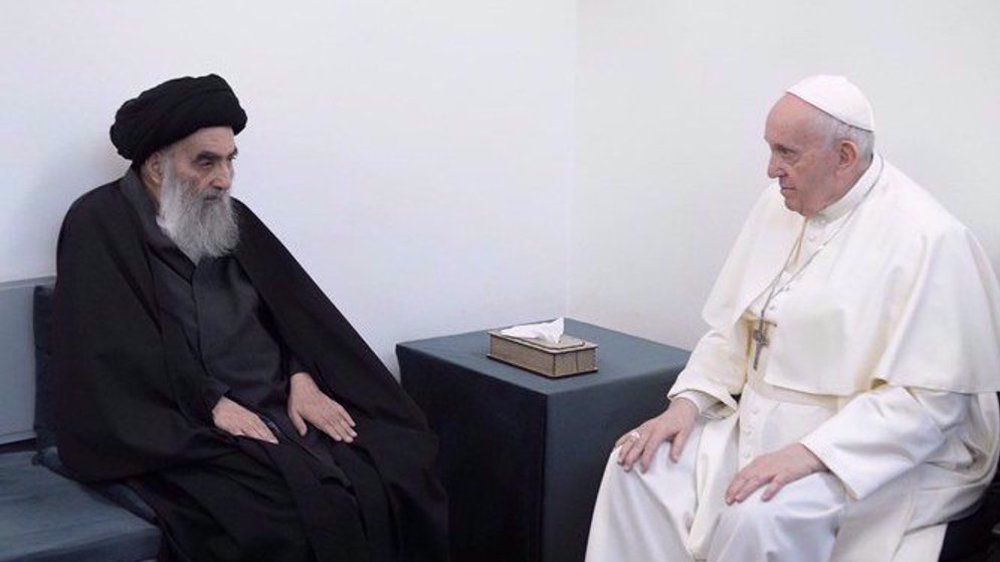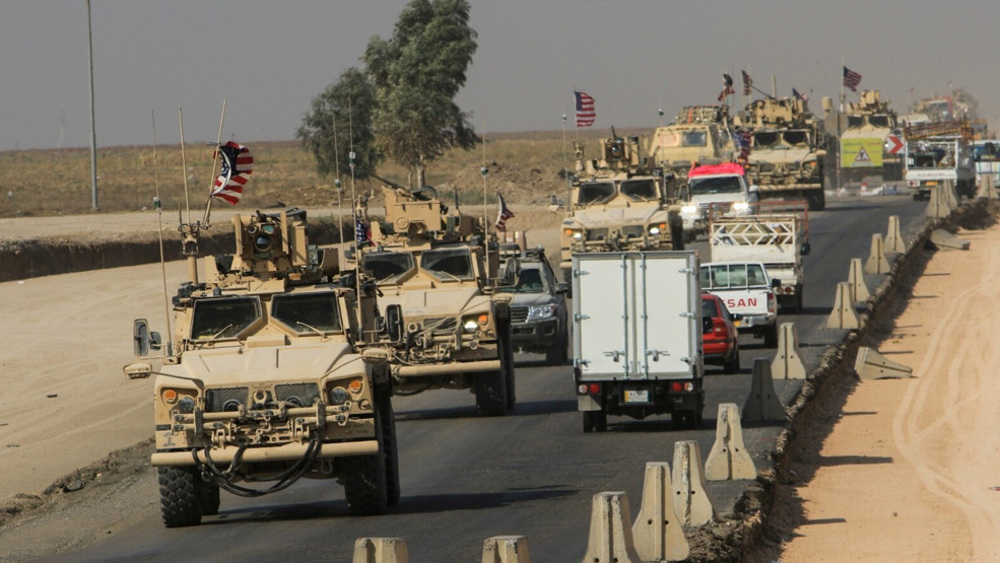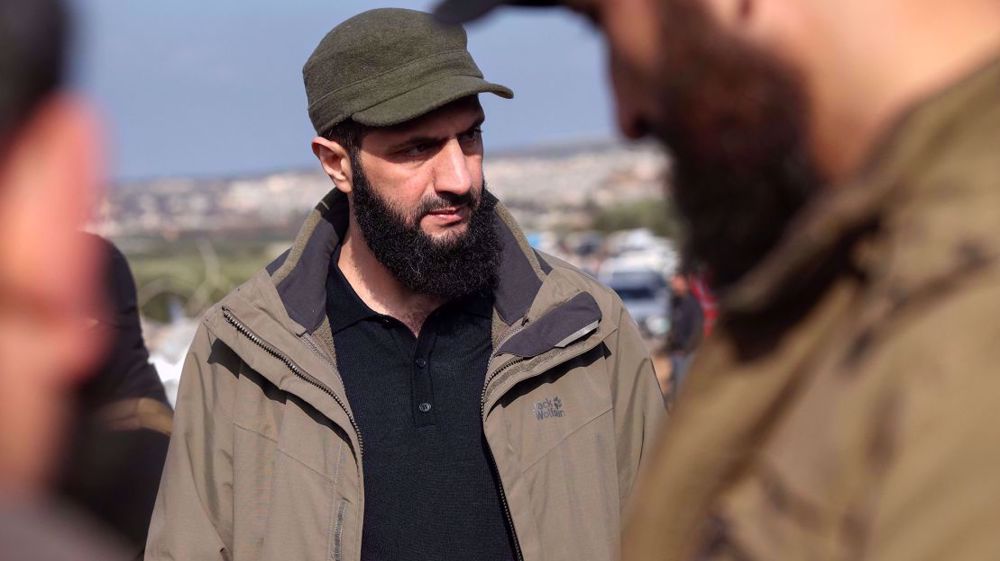Mosul residents returning in search of loved ones under debris
Residents of Mosul have started returning to the city in search of the bodies of the relatives and friends left under debris during battles against Takfiri Daesh terrorists days after Iraq formally announced the liberation of the city.
According to a report by AFP, the displaced residents are trying to cross roadblocks to return to their neighborhoods, but access to Mosul’s Old City is still near-impossible, where sweeping and demining operations continue.
“I had a little supermarket. I had worked hard from the age of 10 to build my house… Now there is nothing left except piles of stones,” Mosul resident Abdelrazaq Salman told AFP as he stood on the ruins of his home.
Many residents have voiced deep concern over the irreparable psychological effects of the war on their children, as many of them have witnessed extremely violent conditions during the crisis.
Many of the civilians have expressed doubt whether they ever want to stay in Mosul after what they went through.
On Friday, Iraqi forces faced attacks by remnants of Daesh Takfiri terrorists in Mosul. Residents said Iraqi army helicopters flew overhead and explosions could be heard in the Old City.
“Three mortars landed on our district” just across Tigris River, Reuters cited a resident of east Mosul as saying.
On Monday, Iraqi Prime Minister Haider al-Abadi formally declared victory of the country’s forces over Daesh one day after the country’s military and Popular Mobilization Forces took full control of the strategic northern city.

In another development on Friday, Saudi Arabia congratulated the Iraqi government on the recapture of Mosul, stressing its solidarity with Baghdad in combating terrorism.
This is while a report by Qatari al-Sharq newspaper revealed that 150 Saudi intelligence agents were fighting alongside Daesh members in Mosul, and working hard to extend the battle.
The paper added that Iraqi government forces confiscated important documents certifying Saudi intelligence officers’ assistance to Daesh terrorists once they liberated Mosul from the clutches of the Takfiris.
The Iraqi forces took control of eastern Mosul in January after 100 days of fighting, and launched the battle in the west on February 19.
An estimated 862,000 people have been displaced from Mosul ever since the battle to retake the city began eight months ago. A total of 195,000 civilians have also returned, mainly to the liberated areas of eastern Mosul.
Twenty-eight aid groups working in Iraq have issued a statement, calling for international support for the reconstruction of Mosul and urged Iraqi authorities not to press civilians to return.
They have also expressed deep concerns for Iraqis trapped in Daesh-controlled areas in Iraq, namely Tal Afar, Hawijah district in the oil-rich northern province of Kirkuk and the troubled western province of Anbar.

Ayatollah Sistani offers condolences on passing of Pope, hails his role in promoting peace

US arms convoys enter Iraqi Ain al-Asad base from Syria: Report

Syria’s self-proclaimed president can be arrested if he visits Baghdad: Iraqi figure
Over 100 rabbis, cantors slam Trump for pro-Palestine campus crackdown
Nearly 30 Palestinians killed in fresh Israeli strikes on Gaza
VIDEO | Press TV's news headlines
FBI, local police raid homes of pro-Palestine activists in Michigan
Trump ratings low amid US economic turmoil
VIDEO | Trump tariffs: A wrecking ball!
Israel deprives Gazans of basic needs for ‘survival’: UN
South Africa has no choice but to support resistance against Israel's genocide in Gaza







 This makes it easy to access the Press TV website
This makes it easy to access the Press TV website